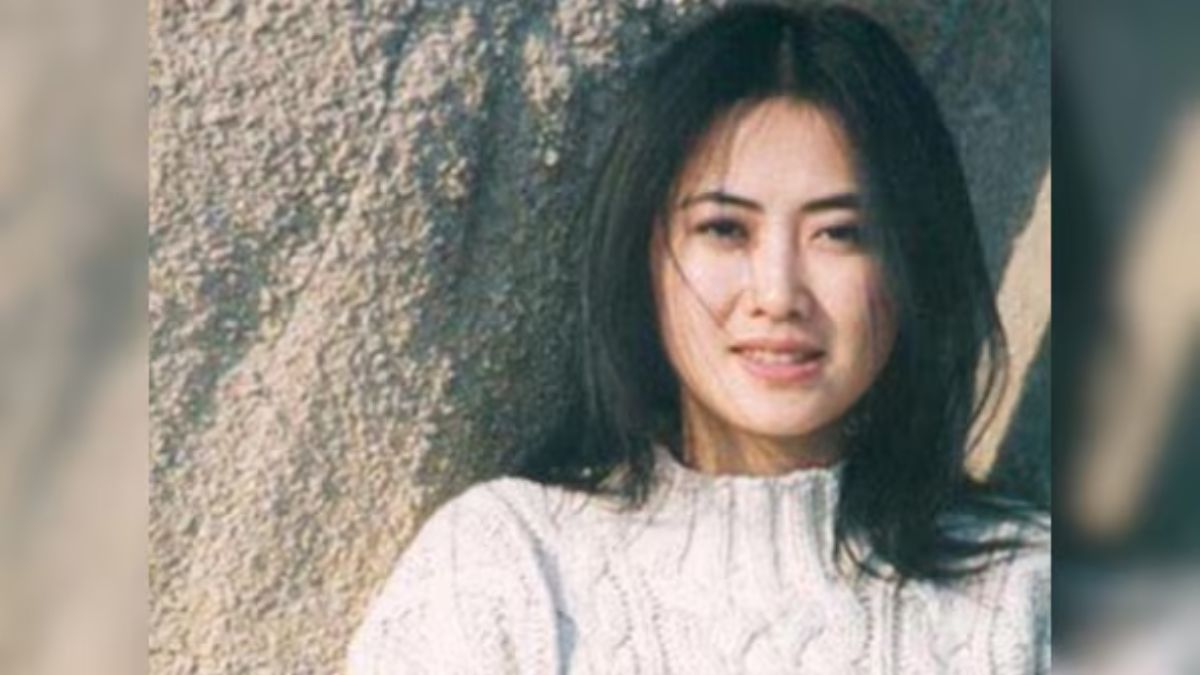As tensions flare up between the US and China over student visa restrictions, the spotlight has turned to Xi Mingze, the daughter of Chinese President Xi Jinping, following claims that she is living in Massachusetts under heavy security.
Earlier this week, US Secretary of State Marco Rubio announced that Washington would begin “aggressively” revoking visas of Chinese students who are considered national security threats.
With stricter background checks and tougher rules expected to follow, many are now asking, will the daughter of China’s most powerful leader not be spared?
Here’s a closer look.
But first, who is Xi Mingze?
Xi Mingze, the only daughter of Chinese President Xi Jinping , and Peng Liyuan, has remained intensely private and has kept most details of her life shrouded in secrecy.
She studied under a false name at Harvard University from 2010 to 2014, majoring in psychology, after previously attending Zhejiang University and the Hangzhou Foreign Language School, studying French.
Though she reportedly returned to China after graduation, unverified reports suggest she may have resumed graduate studies at Harvard in 2019.
The same year, a technician, Niu Tengyu, was sentenced to 14 years in prison for allegedly leaking her ID card details on a website (esu.wiki), though activists claim he was wrongly targeted.
Chinese authorities have consistently censored information about her, and her current location, career, and personal life remain unconfirmed. However, persistent speculation places her in Massachusetts, likely under the Chinese government’s protection.
Will Xi’s daughter be deported by Trump?
Speculation around Xi Mingze’s fate under the US’s new visa policy has gained momentum ever since far-right activist Laura Loomer took to social media demanding her deportation.
“LET’S GO! DEPORT XI JINPING’S DAUGHTER! She lives in Massachusetts and went to Harvard!” Loomer wrote in a tweet. She also claimed, “Sources tell me PLA guards from the CCP provide her with private security on US soil in Massachusetts!”
Loomer went a step further, announcing she plans to confront Xi Mingze on camera. She said she intends to question her about her father’s policies, adding, “Communists don’t belong in our country.”
Her remarks came just days after Secretary of State Marco Rubio revealed a new policy aimed at Chinese nationals, particularly students with alleged ties to the Chinese Communist Party (CCP), or those studying sensitive subjects like artificial intelligence, defence tech, or robotics.
Rubio said that the administration will also revise visa criteria to enhance checks of all future applications from the People’s Republic of China and Hong Kong.
For years, China has been the largest source of international students in the US. But rising political tensions, along with the pandemic, have caused those numbers to drop significantly.
Now, with this new policy in place, a lot will depend on how the State Department and Homeland Security choose to enforce it. Around 280,000 Chinese students are currently enrolled in American high schools, colleges, and graduate programmes, making up nearly a quarter of all foreign students in the country.
The broader the criteria, the more students could be affected.
China responds to the US’ latest visa move
Beijing didn’t take long to react. Chinese Foreign Ministry spokesperson Mao Ning strongly criticised the visa crackdown , calling it “politically motivated” and accusing the US of using ideology as a weapon under the pretext of national security.
Speaking to reporters on Thursday, she said the move was an “unreasonable decision” that “seriously harms the lawful rights and interests of Chinese students and disrupts people-to-people exchanges between us.”
She further added, “The US decision to revoke visas is entirely groundless. It harms the legitimate rights of Chinese students and damages educational and cultural exchanges. China firmly opposes this move and has lodged an official protest.”
But why is Trump targeting Chinese students?
At the core of the policy lies a growing concern within Washington: that China is using academic programmes as a way to access American research and technological advancements.
Over the years, Chinese students have become a major presence in US universities, especially in STEM programmes. While this exchange has brought benefits to American institutions and industries, the Trump camp now sees it as a vulnerability.
They argue that the Chinese government exploits these student exchanges to collect sensitive information and boost its military and tech sectors.
In fact, back during Trump’s first term, the administration issued a Presidential Proclamation warning that “The PRC’s (People’s Republic of China) acquisition of sensitive United States technologies and intellectual property to modernise its military is a threat to our Nation…”
It further stated that PRC authorities “use some Chinese students, mostly post‑graduate students and post-doctorate researchers, to operate as non-traditional collectors of intellectual property.” Those with ties to the People’s Liberation Army (PLA), the military arm of the CCP, were labelled as “high risk.”
But will the Chinese President’s daughter be caught in the crosshairs of this sweeping policy? Only time will tell.
With input from agencies
)